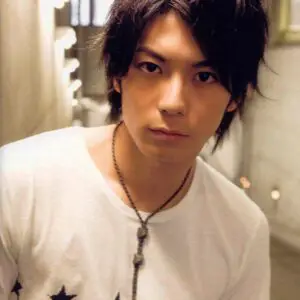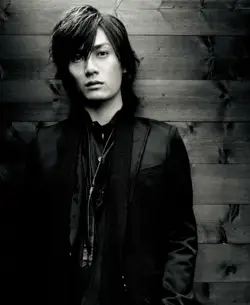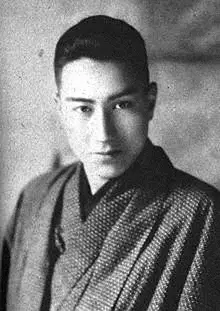
Drama Digest
Phayak is a 20-year-old young man who dreams of being a rapper. His father, Payap, is the leader of the Tiger Wing mafia gang, and he wants Phayak to inherit his position after his retirement. Phayak was bound to give up his private life to act according to his father’s wish. Meanwhile, Phayak was already engaged to his lover Phin from university. They took an oath to be together forever before god and to care and sacrifice for each other. Because of his father’s sudden action, he left Phin without saying and was utterly unaware of her pregnancy. After 18 years, he became an influential head of the organization and returned to Thailand with his close subordinate, Manas. He meets Phin, who is settled with a job at the museum and asks her about Keng, whom he met before. He postulates that she might be of his close relation. But before he could know the truth, he got shot by Chi Fong’s bullet while trying to save Phin. To their surprise, after gaining consciousness at the hospital, they saw their souls got exchanged. Henceforth, Phayak’s soul resides in Phin’s body and vice-versa. Phayak, in Phin’s body, had to tell Manas of this bizarre situation because he trusts him the most. After that, Phayak and Phin face different happenings and almost comically pave their way.
The Feel-Good Part
The drama reigns mostly on the comical element of Phayak and Phin’s switched bodies. As they try to make sense of this hilarious tangled mess, laughter raises initially.
The Disappointing Factor
A sharp edit may have posited the hysterical plot twist more. The farcical environment carries an aura of displacement because of this.
In-Depth Analysis
Switching between bodies forms the central trope of sprouting comical situations in this drama. It is a widespread and old way to create a topsy-turvy comedy of errors, especially in this kind of mainstream show. It also emerges from cultural belief in souls. Nevertheless, this idea expresses numerous viewpoints. Here, the sociological factor gains a deep spotlight. On withdrawing the supernatural element, the plot’s left with a man leaving his pregnant girlfriend under ‘inevitable’ circumstances and reconnecting with them on returning. The notion of going and coming back in the drama draws in favor of Phayak, whose position rationalizes from every corner. It determines the kind of normalization created by the writers regarding the matter of Phin’s pregnancy, where the viewer ascribes to question Phayak from Phin’s point of view. His character has logical backing. But Phin’s position is left blank other than providing sympathy for raising a child. Even when Phayak returns, the drama shows him saving Phin, still making him the upholding figure, putting apart the idea that he was absent for 18 years. His absence replaces with this periodic act of ‘heroism’. After that, by using the fantastic concept of soul exchange, the notion of man’s soul living in Phin’s body and thus becoming a ‘masculine’ being is presented. Nowhere does the female lead get an explanation for herself. Whethet it’s the writers or Phayak, her identity is made to lean on men. Overall, nurturing the base of the plot mentioned before, it strategically veils Phin’s rage into comedy, thus making the overpowering presence of patriarchy inside and outside the drama vivid. Laughter has the power to erase the importance of anything effortlessly. The immensity of the problem is swept off the ground unregistered. Thus, binarism spreads unfathomed.
Star Power
Marsha Wattanapanich and Willie Ruengrit Mclntosh hit the stereotypical note on point by performing their dual natures humorously. Without the fantastic supporting cast, the drama would have lost its charm.
Overall Opinion
There is no lack in offering entertaining adrenaline punches once the patriarchal thread diffuses. Because, of its portrayal. If you want jaw-dropping, stomach-aching raised eyebrows, it’s the right fit.




















